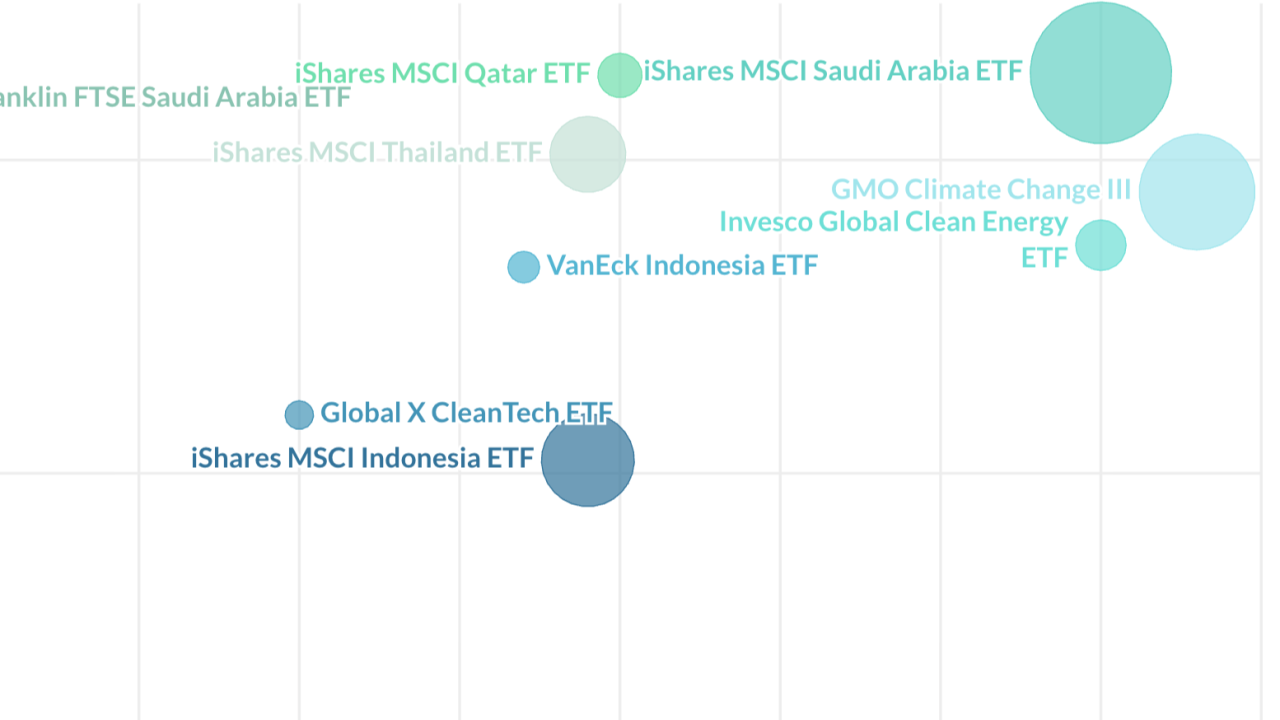Overseeing money for the rich is supposed to be one of the best businesses in banking, but even the world’s biggest wealth manager is finding that it doesn’t always work out like that.
In what were undoubtedly difficult market conditions, clients pulled funds from UBS in the fourth quarter, leaving the firm short on one of its key growth targets. Over at the securities unit, the bank’s market-leading equities trading business also took a hit — a disappointing result given the strong quarter Wall Street rivals enjoyed.
All of this comes at a difficult time for Switzerland’s biggest bank. The departures of key executives and speculation that the board is stepping up efforts to
Fourth-quarter results were so disappointing that UBS Chief Executive Officer Sergio Ermotti didn’t even try to put lipstick on the pig. The bank’s core business of wealth management isn’t living up to expectations, he told Bloomberg.
Investors pulled $8 billion in the period as clients deleveraged or shifted funds to make private investments. The reversal meant net new money grew by about 1% during 2018 —well short of the 2% to 4% the bank is targeting.

And the outlook isn’t much prettier. While the bank is sticking with its objectives, it warned that the market declines in the last three months of the year are expected to hit recurring revenues across the wealth and asset management divisions.
The bank provided scant details on what went wrong in equities. The cash business held up more than derivatives — cash revenues fell to $310 million from $326 million, while derivatives dropped to $155 million from $202 million.
-
“This is a chance to redesign core systems, some of which go back to PaineWebber,” says Tom Naratil, president of UBS Wealth Management Americas.
October 25 -
The new hires come almost a year after the two firms quit the Broker Protocol.
October 5 -
The move puts the Swiss bank more in sync with practices at regional brokerages.
September 13
Investors might have seen this coming given the bank’s structured equity derivatives activity in Asia. When correlation and volatility kick in and markets move in the same downward direction, those trades are among the first to unravel. Asked by one analyst if the setback was more a reflection of positions that backfired than of client activity, Ermotti said there was nothing strategic or structural behind the decline.
It’s no surprise UBS shares opened 5% lower. The bank doesn’t have many levers to pull. It recently combined its wealth management businesses under the leadership of Tom Naratil and Martin Blessing. Over at the investment bank, Andrea Orcel has been replaced by two new co-heads.
The bank’s profitability targets, set just a few months ago, look hard to reach, and the miss on costs in wealth management are a reminder of the pressure on expenses. At 78.6%, the group’s cost-income ratio in 2018 was well above the bank’s not especially onerous objective of 72% for 2021.
With geopolitical tensions persisting and expectations for global economic growth diminishing, the pressure to adapt to a slower expansion will persist.





